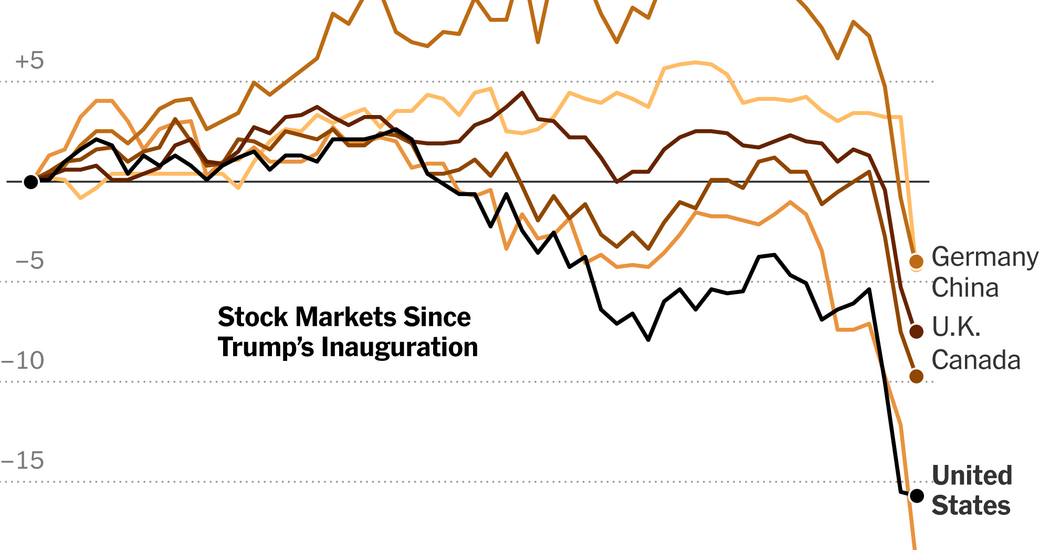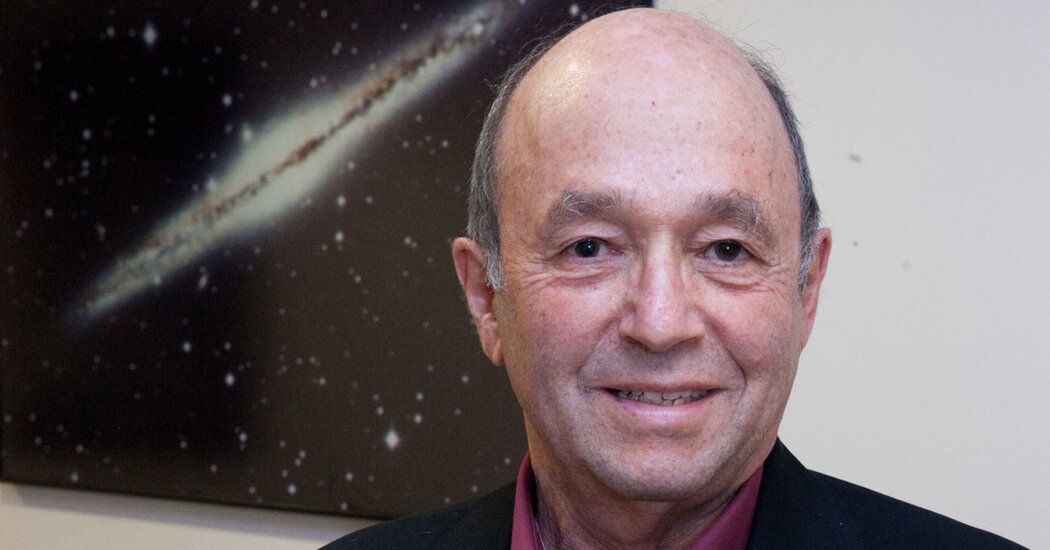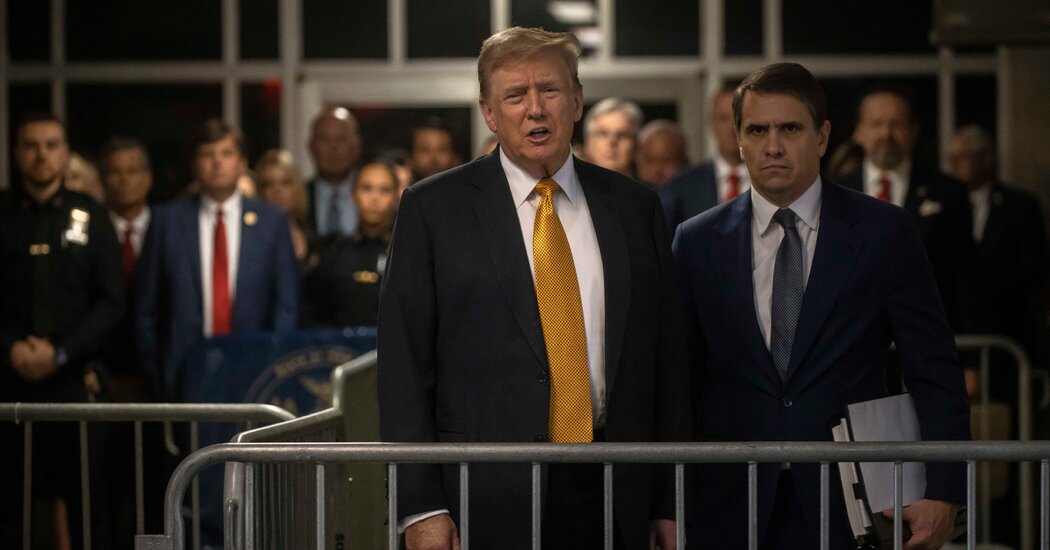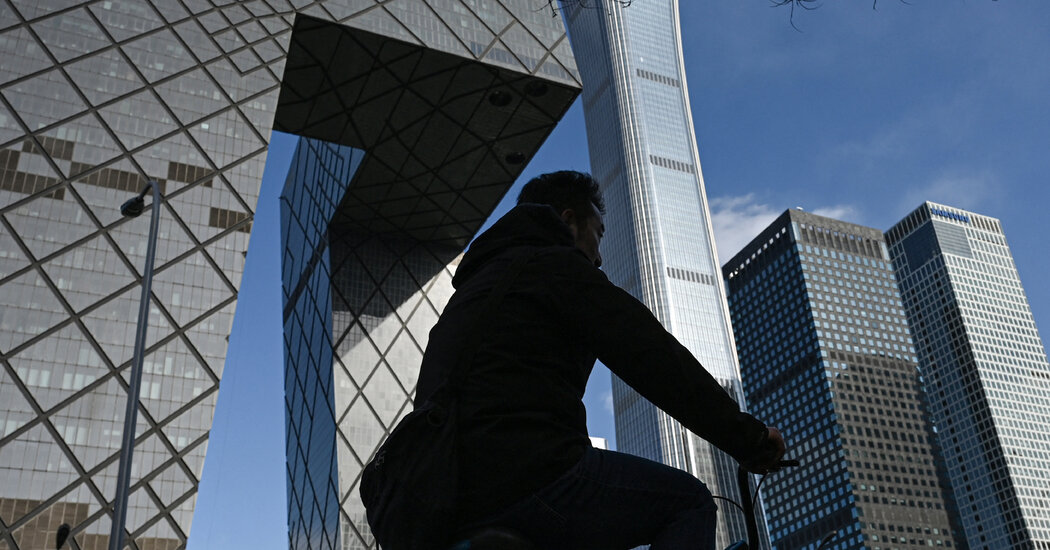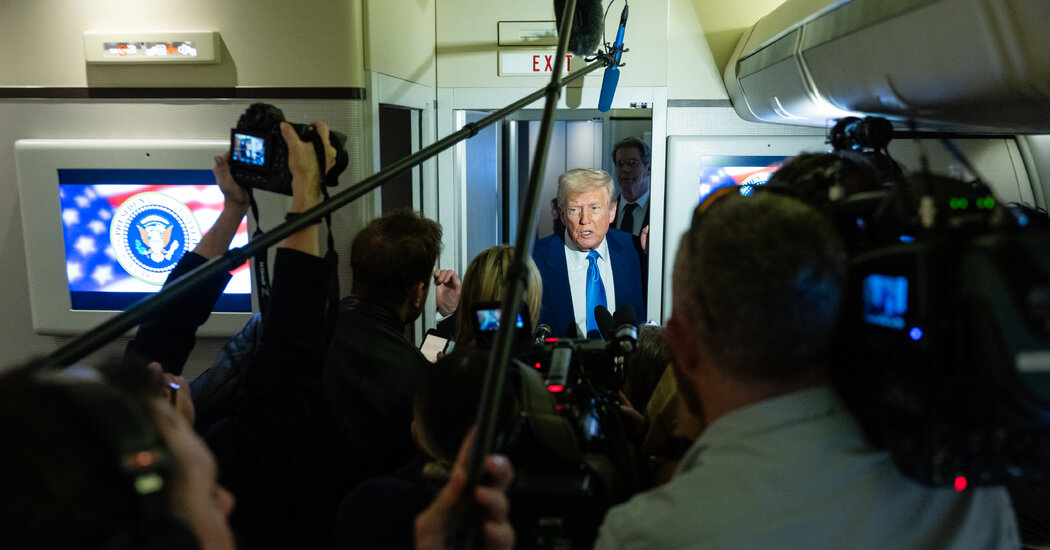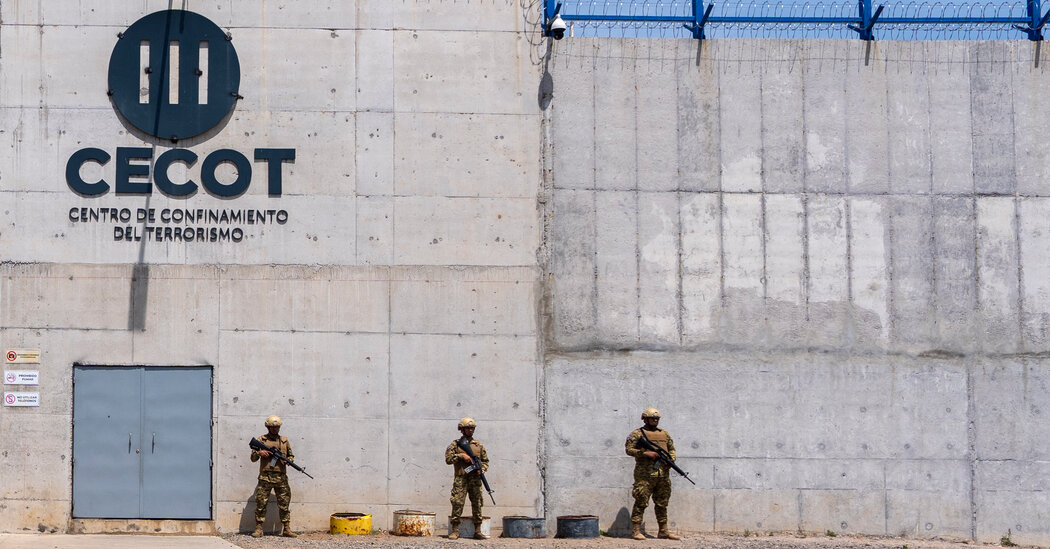The Trump administration’s aggressive efforts to enact major elements of its agenda have led to a series of courtroom clashes between increasingly skeptical judges and the beleaguered lawyers responsible for defending the government’s positions, which some have come to see as indefensible.
The Justice Department’s thinned-out civil division has borne the brunt of the growing conflict. Inside the division, the strains of pushing the legal limits on topics as varied as mass deportations, spending power and punishing law firms are taking a major toll. Government litigators, their ranks increasingly depleted, often find themselves in court with few facts to defend policies they cannot explain, according to current and former officials.
Career lawyers representing the government have a long tradition of arguing for the goals of Republican or Democratic administrations, regardless of their personal views. What is different now, they say, is that they increasingly feel trapped between President Trump’s partisan political appointees, who insist on a maximalist approach, and judges who demand comprehensible answers to basic questions.
The most vivid example of this squeeze came on Saturday when one of the department’s senior immigration lawyers, Erez Reuveni, was suspended indefinitely after speaking candidly about the administration’s mistaken deportation of a Maryland man to a notorious megaprison in El Salvador.
A day earlier, Mr. Reuveni appeared in a federal courtroom in Maryland, where, under pressure from a judge, he alternated between exasperation and concern, conceding that the deportation last month of Kilmar Armando Abrego Garcia should never have happened. He asked for 24 hours to persuade his client, the Trump administration, to begin efforts to return Mr. Abrego Garcia to the United States.


